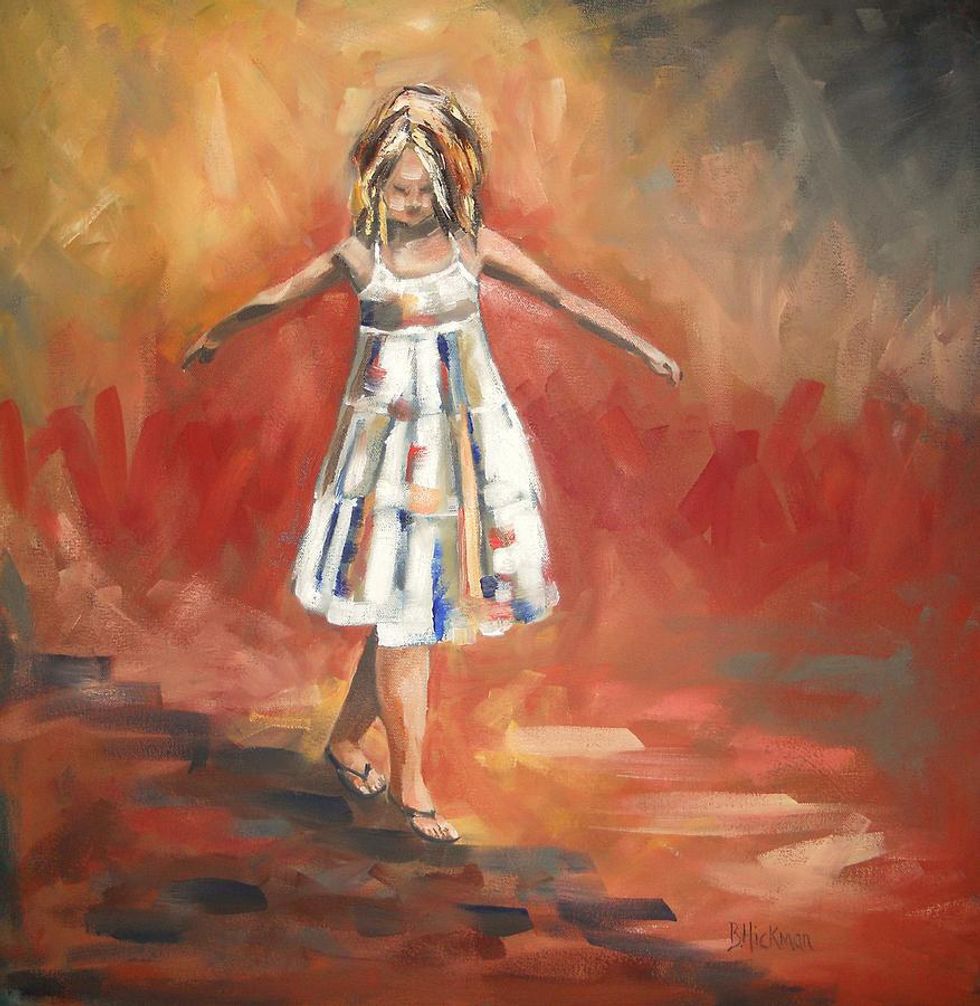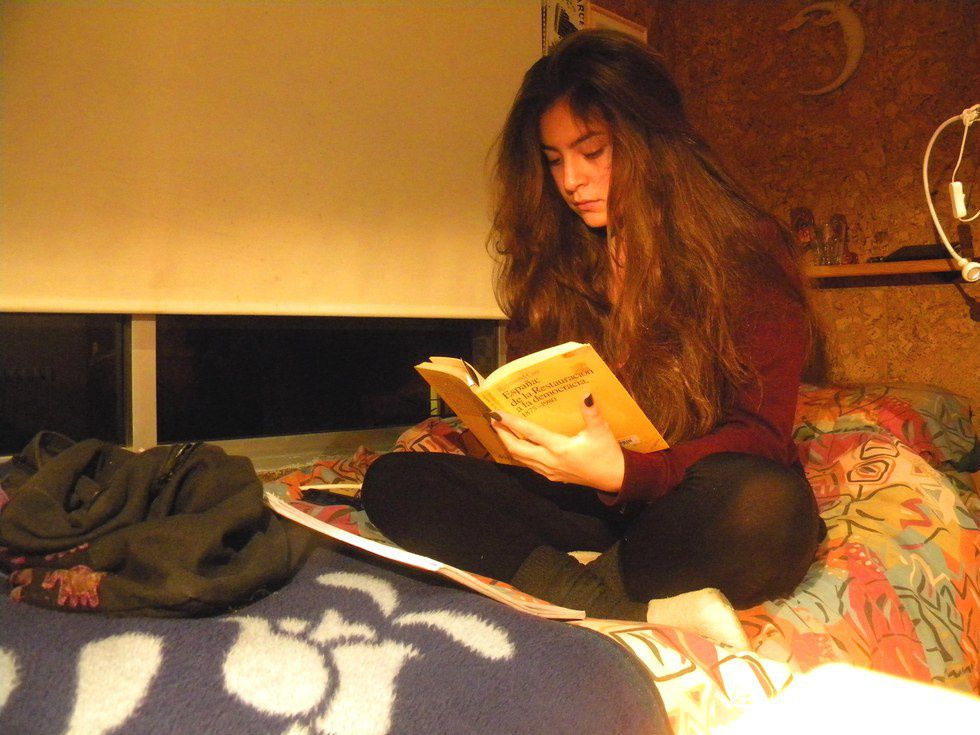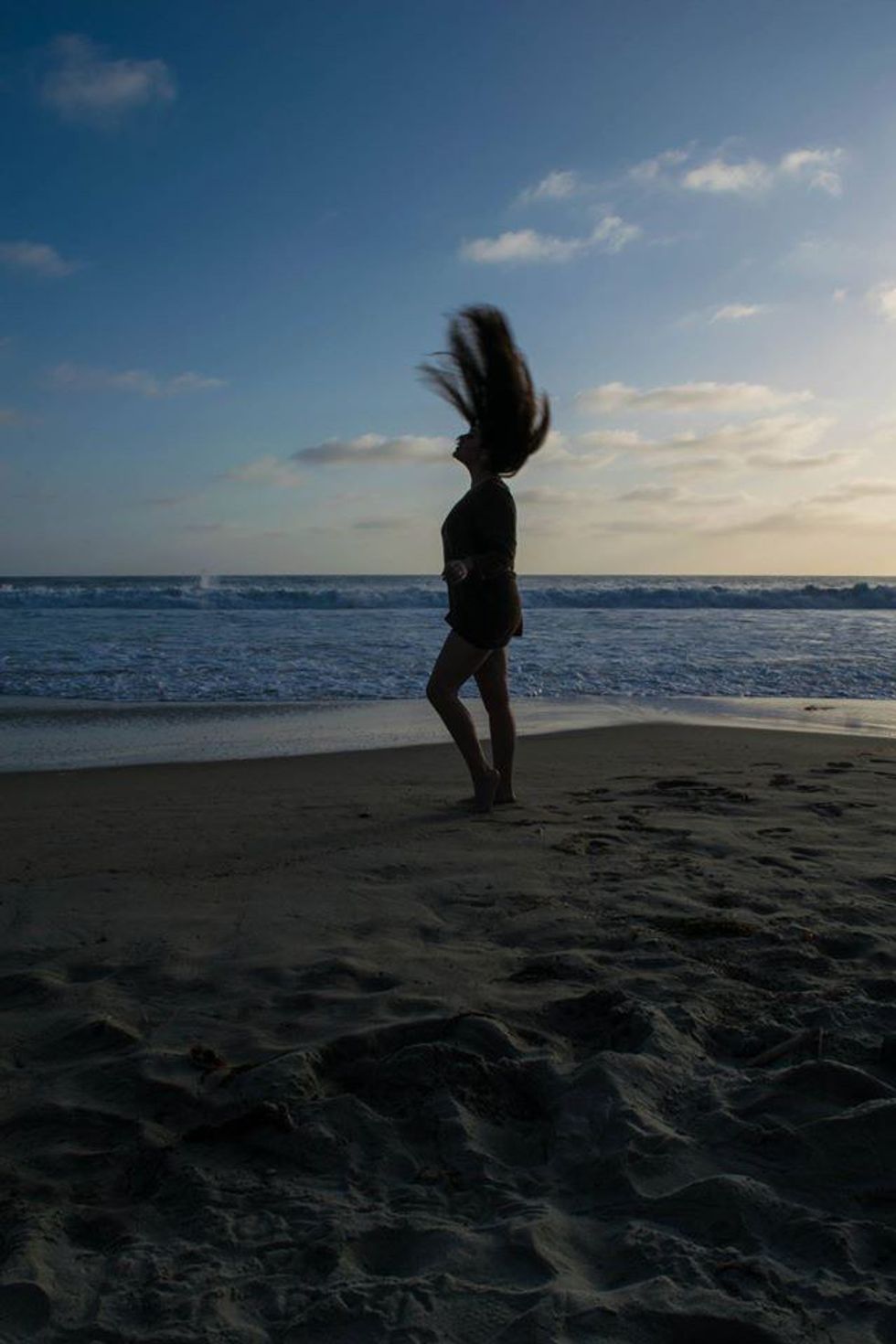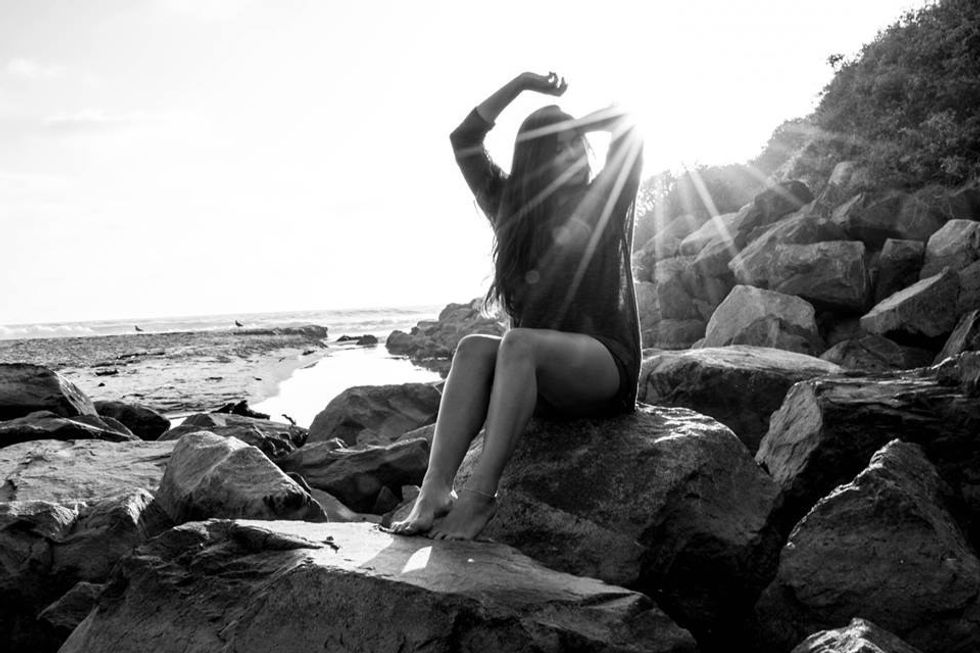Sometimes I find it pretty difficult to be an advocate for mental health awareness and conversation when I myself don’t want to broadcast the fact that I have issues with mental health.
No one wants to hear that you have social anxiety, no one wants to worry that your bipolar tendencies might surface in the middle of conversation and people don’t want to talk about your last battle with depression. Depression and other mental health issues make people uncomfortable. It’s not like it’s a turn on during a dinner date to be like, “Oh yeah, my mania has been way low key lately, I haven’t had a panic attack in, like, a month!”
And yet, I can’t sit by because of my self-assumed importance or need to be desirable. It’s so much more important to me to have these important discussions in which we talk about the difficult topics. This obviously doesn’t only apply to mental health issues, but all “hot topics” that everyone wants to argue over or ignore (or both simultaneously)!
What I have been dwelling on lately is my identity as a person with manic depression and general anxiety, and what it means to be currently out of the woods with my depression.
Depending on the day, the hour, the way the wind is blowing–I can be completely fine, going through a total panic attack or something in-between.
Meltdowns don’t happen for me nearly as often as they used to. Because of a lot of lifestyle changes and general life alterations, I’ve come to a point where I feel like I have a much better grip on my mental health than I used to. At the same, I must acknowledge that I'm still a person shackled to the fact that I have a disease, and that a disease of the mind is often no less damaging than a physical disease. Although I'm currently no danger to myself and I've been highly functional for the past two years, I still have to “be careful.”
I am very wary of triggers. There are certain films I can’t or won’t see, particular conversations I choose to not partake in–simply because I know how easily it is for me to end up on the slippery slope of going from “OK” to bed-ridden for days on end, in hysterics, unable to complete basic daily tasks. This hypersensitivity exists on all levels, at least for me, in terms of my reactions to the world around me. For example, “feel good” commercials or trailers before movies often overwhelm me to the point of tears. While I know that my teary-eyed, winded state is more than likely a great overreaction to these advertisements, it isn’t as if I have a say in my instinctual reaction–other than the ability to “reign it in” a bit more than I've been able to in prior times.
Granted, the example of a “bad day,” as I call them, hasn’t happened for me in several years–at least, not to the extent that I know it can reach. It's so interesting to me to be in a kind of state of “remission,” so to speak, where I've been continuously in great health, and am happy to report so to all those that care to ask of my mental state. Sometimes I'm embarrassed by the fact that I have to acknowledge when I'm not having mental breakdowns, and more often than not, I find it a tad mortifying to look at the faces of friends or family and remember with them my times of poor mental health.
I'm coming to a point now of just needing to own up. Even in retrospect and in good health I must face myself, and I must admit that now, it's harder than ever!
In my times of darkness, I have been the most accepting of myself, and this may be due to the lingering self-loathing that accompanies my “bad days” (or weeks or months). I have been so deep in the muck of my own hate for myself that I have been able to look myself in the mirror and say, “I know exactly what you are, and I don’t like you and you don’t deserve to be here.” I remember once standing on a beautiful beach near Barcelona, overlooking the green, salty Mediterranean without a real care in the world. In that moment, while standing on the vast white expanse of the shore line, I remember wishing I was dead and having no idea why. Although I won’t even entertain this subject, as it's so asinine to me, it's of no use and in poor taste to ever romanticize depressive states as I have just described. Although the moment was in some respects “sublime,” as both ironically beautiful and terrifying, it was nothing short of a horrific point in my young life.
Similarly, I have found myself in such states of apathy and purgatory that I feel no need to acknowledge or appreciate my own existence. This was often worse than actually feeling anything. The lack of emotion, or state of pure static, was the lowest for me, personally.
It is now, in the “good days,” that I have the toughest time looking myself in the mirror.
I’ve spent this past year learning to love myself. This notion of loving oneself is so terribly loaded and often misguided, especially on social media. For I am not loving myself for the sake of being loved by another, or learning to love myself in order to not hate myself. I simply appreciate my vessel and my personhood more now than I ever have before. The hard part is loving the not-so-great parts of yourself that you can see so much clearer now that you’re not a manic mess. Learning to love your less admirable traits, or ridding yourself of said traits, is a whole other obstacle! You think that the main hurdle is getting over the severe depression and social anxiety–you haven’t lived until you can surface and actually see daylight! It’s a whole new world up here. Now you must manage not relapsing into your world of inky blackness and showerless, powerless days, while simultaneously accepting yourself for whoever you've somehow managed to become in your time of being cocooned up in depression, and also reminding yourself that it’s OK to be happy!
That’s another big one: allowing happiness in. Happiness is terrifying! You never know how long it will last, or if it’s real or just a side effect of having such low lows that you alternately have fleeting and false highs. You never truly “overcome” depression. As I said before, it's a disease and it doesn't leave you. For me, it has simply become more manageable, or perhaps because of my cognitive therapies and new practices, it feels to me as if it's less formidable of a fight.
It’s important now to not be afraid. Fear has a way of keeping people down or from doing what they most wish to accomplish. We must rebel against the fear and refuse to allow fear to keep us from pushing forward. Being stagnant is another trigger, and we can’t stay in one place forever and expect to continue feeling fulfilled.
As a manic depressive, I often think change is harder for me than others, in the sense that big change can cause a possible avalanche of bad feels. But this worry of being sent into a spiral is a shackle in its own right, and when everything that's important to me is finally coming to fruition, I feel I must remind myself that, once again, it's more than OK to be happy or feel excited.
It's strange to realize your ever-changing identity and to know that even when changes are for the better, they're still scary. What does it mean if I'm a tanned, pineapple-eating, smiley person, yet still call myself manic? Why do I feel the innate sense that the two cannot exist at once without one being an inherent lie?
My answer to myself is the obvious need to characterize (colorize, classify and label, too) the type of person that suffers from depression. This is just wrong (on so many socialized and systematic levels), and I should know better than anyone that depression can affect literally anyone. And yet...
There is still work to be done. Acceptance is an uphill battle, of all the things that you are--even as a generally "happy" person that deals with manic depression.
I think now of days I spend in beautiful, sunny southern California, a place I'm so blessed to live. If I were to face the beach tomorrow, as I so hope I do in such new summer heat, I think I might find feelings of peace, serenity and contentment.
I imagine myself, standing on golden shores, looking at another ocean of this current time, and saying to myself “I know exactly who you are, and I like you and you deserve to be here.”

























